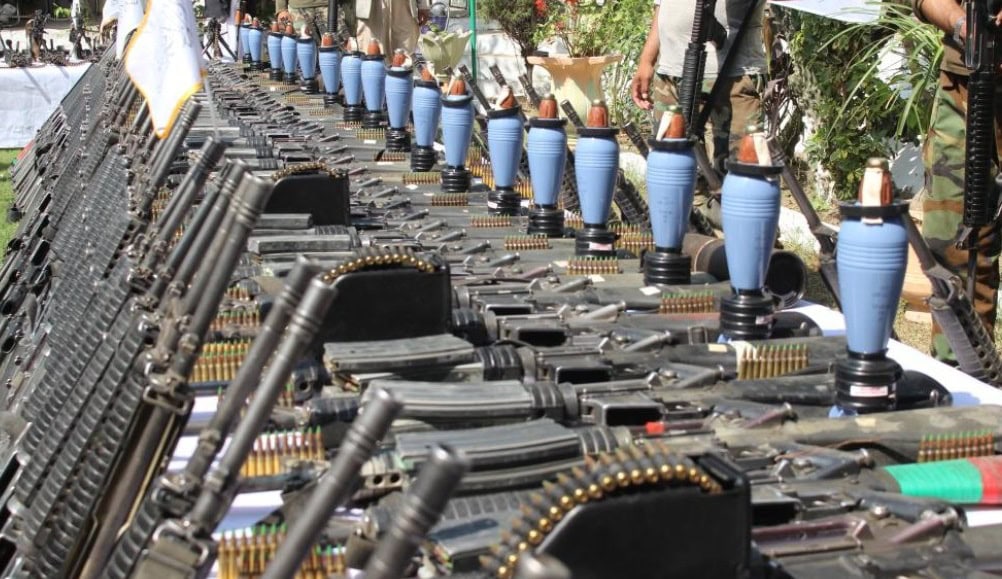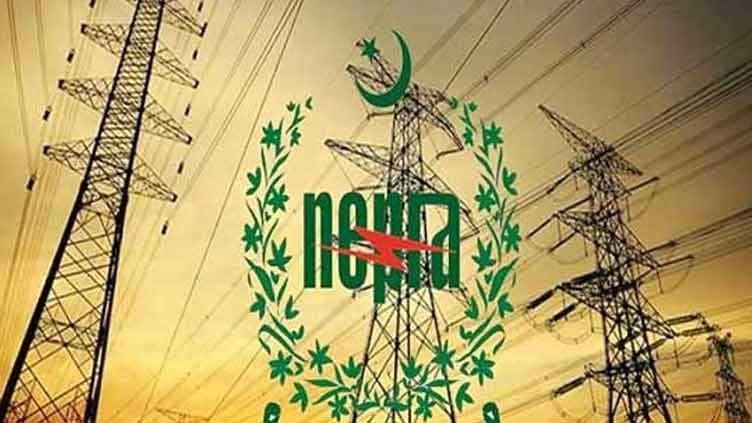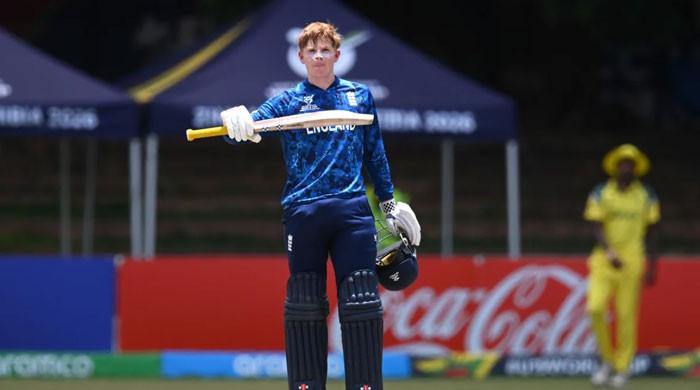
UNITED NATIONS – Pakistan issued stark warning at United Nations, claiming that flood of abandoned and black-market weapons from Afghanistan is destabilizing entire region, and could soon explode into wider security crisis.
In fiery address to UN Security Council, Pakistan’s Permanent Representative Ambassador Asim Iftikhar warned that thousands of high-grade weapons left behind after foreign troop withdrawals are now circulating freely across borders, fueling terrorism, crime, and chaos.
“These so-called small arms are not small in their destruction,” Asim Iftikhar said, calling them second most lethal tools of terror after explosives, and they’re now slipping into the wrong hands.”
The ambassador painted grim picture of Afghan arms spillover, saying sophisticated rifles, ammunition, and military-grade equipment have been either abandoned or trafficked through black markets. He cautioned that “unmarked, unregistered, and untraceable weapons” are now empowering non-state armed groups, terrorist networks, and criminal gangs, eroding stability across South and Central Asia.
The world faces an even darker challenge: the rise of AI-driven weapons, drone warfare, 3D-printed firearms, and cryptocurrency-funded arms deals. “These emerging technologies,” he warned, “are rewriting the rules of conflict and making illicit arms control exponentially harder.”
Pakistan urged UN to act fast and called on the Afghan authorities to fulfill their obligations under international law. Iftikhar pressed for the full implementation of the UN Programme of Action on Small Arms, calling it “the only viable roadmap” to restore control before the situation spirals out of hand.
Switching focus to global peace operations, the ambassador reminded the Security Council of Pakistan’s unmatched legacy in UN peacekeeping, describing it as a “sacred trust” that must be protected from political and financial decay.
The ambassador urged deeper cooperation under Chapter VIII of the UN Charter and Resolution 2719, insisting that technology must enhance not replace the human role in peacekeeping. “The world cannot outsource peace to machines,” he stressed.







